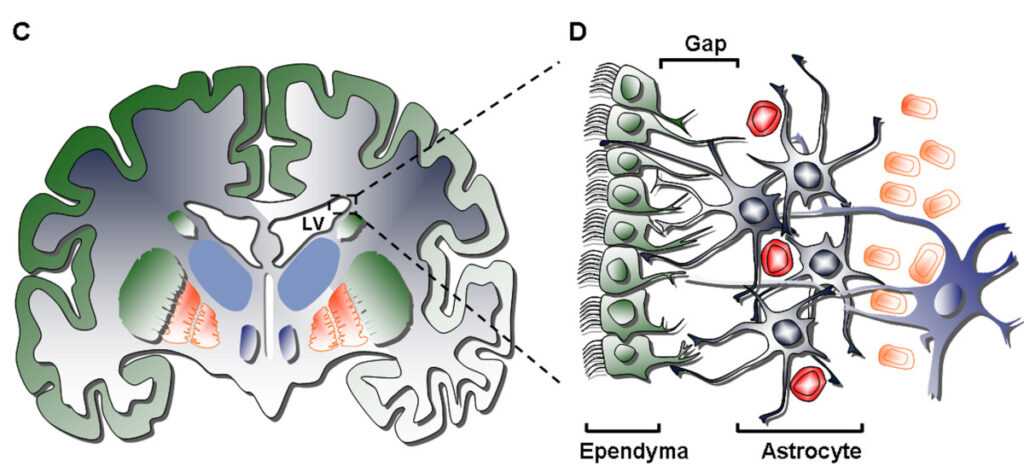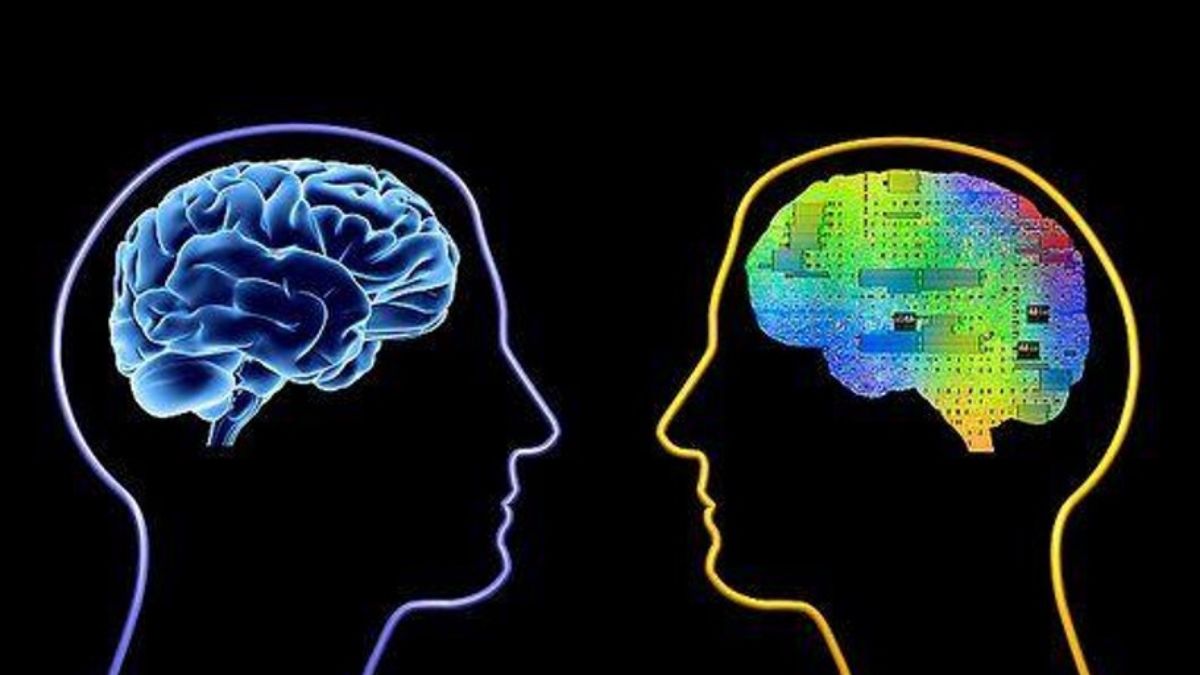Introduction:
Neurogenesis is a fascinating process that has challenged our understanding of how the brain develops and functions. For many years, it was believed that the growth and development of neurons only occurred during embryonic development.
However, recent studies have shown that the formation of new neurons continues throughout adulthood in specific regions of the brain. This process, known as neurogenesis, plays a crucial role in memory formation, cognitive health, and brain function.
In this article, we will explore the fascinating world of neurogenesis and how it can be harnessed to unlock the brain’s potential.
What is Neurogenesis?
Neurogenesis is the process of creating new neurons in different regions of the brain, such as the hippocampus and lateral ventricles [1]. It was previously thought to only occur during embryonic development, but researchers have discovered that neurons continue to form throughout adulthood in specific regions of the brain [3].
These regions include the subventricular zone and the hippocampus, which is important for the brain’s ability to differentiate between memories [2].

How Does Neurogenesis Affect Memory Formation?
Neurogenesis is essential for forming new memories [1]. The brain creates new neurons to store memories and experiences that are unique to each individual. Studies have shown that the formation of new neurons can be influenced by factors such as physical activity, which can enhance memory formation [2].
Additionally, stress has been shown to reduce adult neurogenesis in the dentate gyrus [1]. Understanding how neurogenesis affects memory formation is vital for developing new treatments for cognitive disorders such as Alzheimer’s disease.
What Factors Influence Neurogenesis?
What Factors Influence Neurogenesis? Several factors can influence neurogenesis, including psychedelic drugs, physical activity, and stress [1]. Researchers have found that exercise, in particular, can significantly increase the formation of new neurons in the hippocampus, which is important for learning and memory [2].
On the other hand, stress can reduce neurogenesis, which can have negative effects on cognitive health [1]. Understanding the different factors that influence neurogenesis is essential for developing new treatments for cognitive disorders.
FAQs:
Q: Can neurogenesis be altered to improve cognitive health?
A: Yes, studies have demonstrated the potential for neurogenesis to be altered to improve cognitive health in aging individuals [3].
Q: What is the dentate gyrus?
A: The dentate gyrus is a region of the hippocampus where neurogenesis takes place [1]. It is important for the brain’s ability to differentiate between memories.
Q: What is the potential of neurogenesis for developing new treatments?
A: Neurogenesis has the potential to be harnessed for developing new treatments for cognitive disorders such as Alzheimer’s disease [2].
Conclusion:
Neurogenesis is a complex process that continues to challenge our understanding of how the brain develops and functions. It plays a crucial role in memory formation, cognitive health, and brain function.
Factors such as physical activity, stress, and psychedelic drugs can influence neurogenesis, and understanding these factors is essential for developing new treatments for cognitive disorders. Harnessing the power of neurogenesis could unlock the brain’s potential and lead to exciting new breakthroughs in cognitive health.
References:
[1] What is neurogenesis? – Queensland Brain Institute

